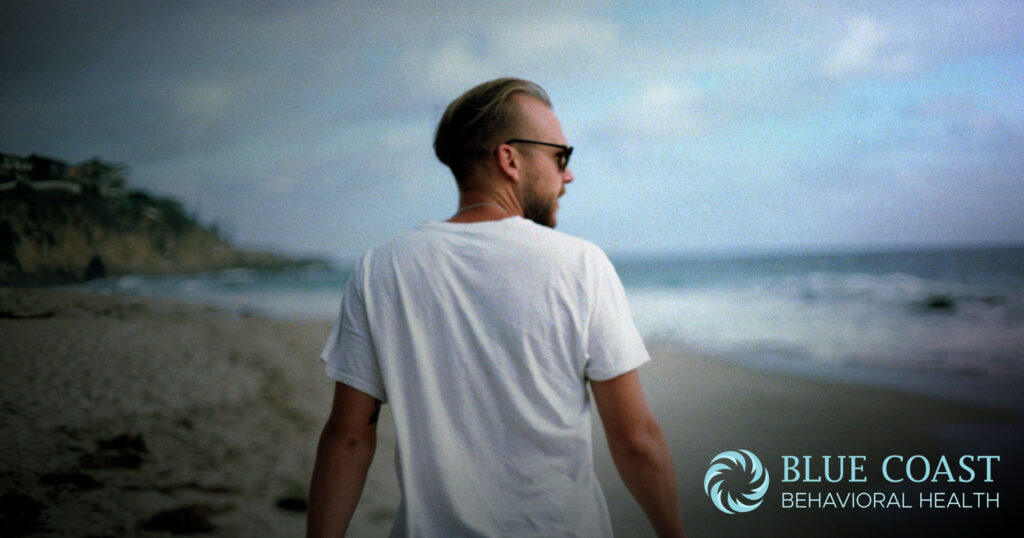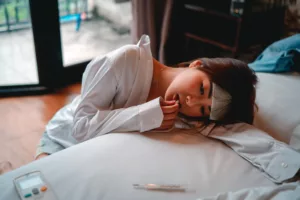Many individuals in recovery recognize this sobering statistic: according to studies, opioid users in recovery have a 91% relapse rate. That represents the highest among all drug types (including alcohol) that have been studied by the medical community. Although no single study tells the story of addiction, that statistic certainly points to the difficulty of recovery from opioid addiction. But hope remains for those who seek recovery despite the odds. Various forms of buprenorphine treatment help opioid dependent individuals achieve a normal and free life. The addiction recovery community refers to buprenorphine as medication-assisted treatment (MAT). Although MAT does not enjoy widespread support in some recovery communities, its efficacy boasts statistical significance in many scientific studies. It’s not right for everyone, certainly. But for individuals who medically qualify for buprenorphine treatment, it carries the potential to save lives.
Understanding Buprenorphine Treatment
Medication-assisted treatment uses prescription drugs to help individuals with substance use disorder take back control of their lives. Buprenorphine comes in several forms for different use cases based on the needs of the patient. Buprenorphine acts at the mu opiate receptor but does not activate it to the same degree as other full agonist compounds (such as methadone). Although buprenorphine classifies as a partial agonist opioid, its effects are mild and it does not cause the same intense euphoria as other opioids. It does still have mild abuse potential, but this chance is lower when the individual is concurrently in a substance abuse treatment program. It also lowers the danger of overdose and decreases the chance of relapse. For these reasons, buprenorphine statistically shows higher long term success rates than abstinence.
Buprenorphine classifies as a class III controlled substance, so buprenorphine treatment follows strict regulations. Substance abuse treatment programs such as the one we offer at Blue Coast Behavioral Health will connect qualified candidates to addiction psychiatrists. These licensed doctors evaluate individuals on a case-by-case basis to evaluate and prescribe the appropriate treatment regimen.
The Origins of Buprenorphine Treatment
Buprenorphine comes in many forms, but the medication in its purest form is an opioid partial agonist. That means it blocks the effects of other opioids such as fentanyl, heroin, oxycodone, morphine, and other opioid-based prescription medication. The blocking effect is why it is primarily used to treat opioid use disorder. However, some recovery communities reject buprenorphine treatment because the drug itself classifies as a synthetic opioid. But buprenorphine’s chemical structure allows it assist opioid users with achieving stability and freedom.
Although first synthesized in 1966, the United States FDA did not approve buprenorphine for treatment of opioid use disorder until 2002. This timing followed the widespread proliferation of OxyContin abuse in the 1990’s. Buprenorphine treatment was originally designed to provide pain relief while avoiding the side effects of craving, addiction, and dependence of other opioids. The mechanism of time-release combined with being an opioid partial agonist incidentally provided an effective solution for treating opioid use disorder.
The Importance of Therapy
Although buprenorphine offers a partial solution to recovery, individuals stand the greatest chance at success with a full recovery program. Buprenorphine treatment is a tool, not the end-all, be-all answer to recovery. No single tool can prevent relapse. Other tools include individual therapy, going to AA meetings, sober hobbies, working the steps: these all work together. The ideal environment to start recovery is a treatment program that can set individuals on the right track and teach them the tools needed to stay clean and sober. If you or a loved one is seeking help for a substance abuse problem, our addiction counselors are available 24/7 by phone: 714-203-2708




